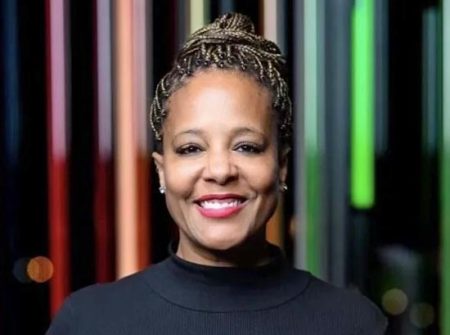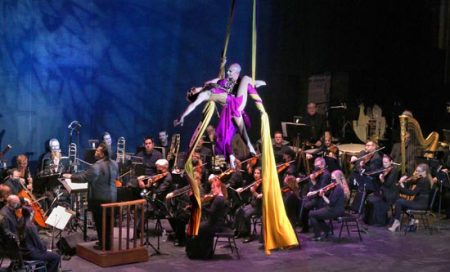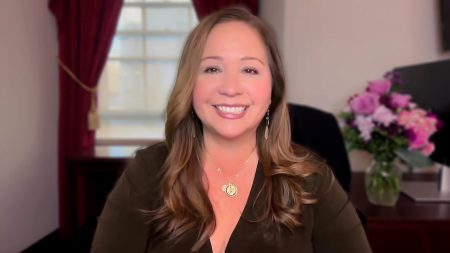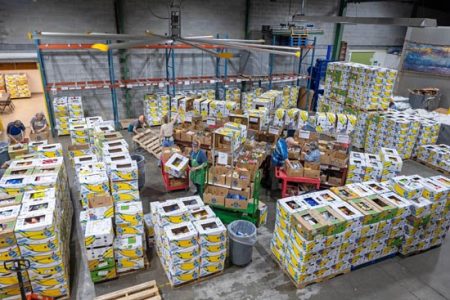Black Fatherhood
The complexity of raising Black kids.

Durham-based photographer and father Cornell Watson traveled the state photographing Black dads—capturing the complexity of raising Black kids.
Watson shared this statement about Black fatherhood in The Assembly, “As a Black dad, Father’s Day hits a little differently. It’s hard not to think about the history of Black fatherhood and how our ancestors’ families were separated on plantations. It’s hard not to think about how part of my dad-duty will include giving my kids “The Talk.” How my brothers who are incarcerated are separated from their families with harsh sentences for nonviolent crimes. How Covid-19 and the country’s history of medical racism have disproportionately killed us.”
Read the full article, The Pain and Joy of Black Fatherhood, at www.theassemblync.com/place/cornell-watson-the-pain-and-joy-of-black-fatherhood.
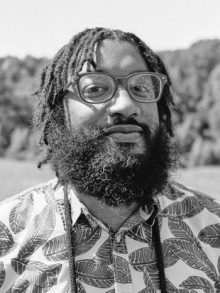
Cornell Watson is a photographer who lives in Durham, North Carolina. His work has been published in The New York Times and The Washington Post, including his photography project “Behind the Mask,” about the Black experience in the United States.
The photo series “Behind the Mask” was created, according to Watson, “in honor of my ancestors who smiled when they were not happy, laughed when nothing was funny, and cried when they were not sad so that I could be here today.”
The introduction to the series states:
“This is for the time we cut or straighten our hair to be “professional.” For the times we pretend to be happy around our managers after seeing photos of them in Blackface. For the days we show up to work and smile after watching our brothers and sisters lynched on live stream.
“For the times we change our voices and profile pics to make hotel and dinner reservations. For the times we pretend to be strong when we are dying from the weight of racism. For the times we cheerfully congratulate white mediocrity getting the big promotion. For the times we remove our hijab before the job interview. For the times we speak English in public to avoid confrontation. For the times we are referred to as the other Black employee and we don’t correct them.
“For the times we are asked to clean something up because they assume we are the janitor. For the times we are told to go back to our country and would go if we knew what country we came from. For the times we are followed around while shopping and resign to purchase something to prove a point. For the times we don’t lay hands after being called nigger.
“This is for all the times we wore the mask.”
View the series at cornellwatson.com/behind-the-mask.


